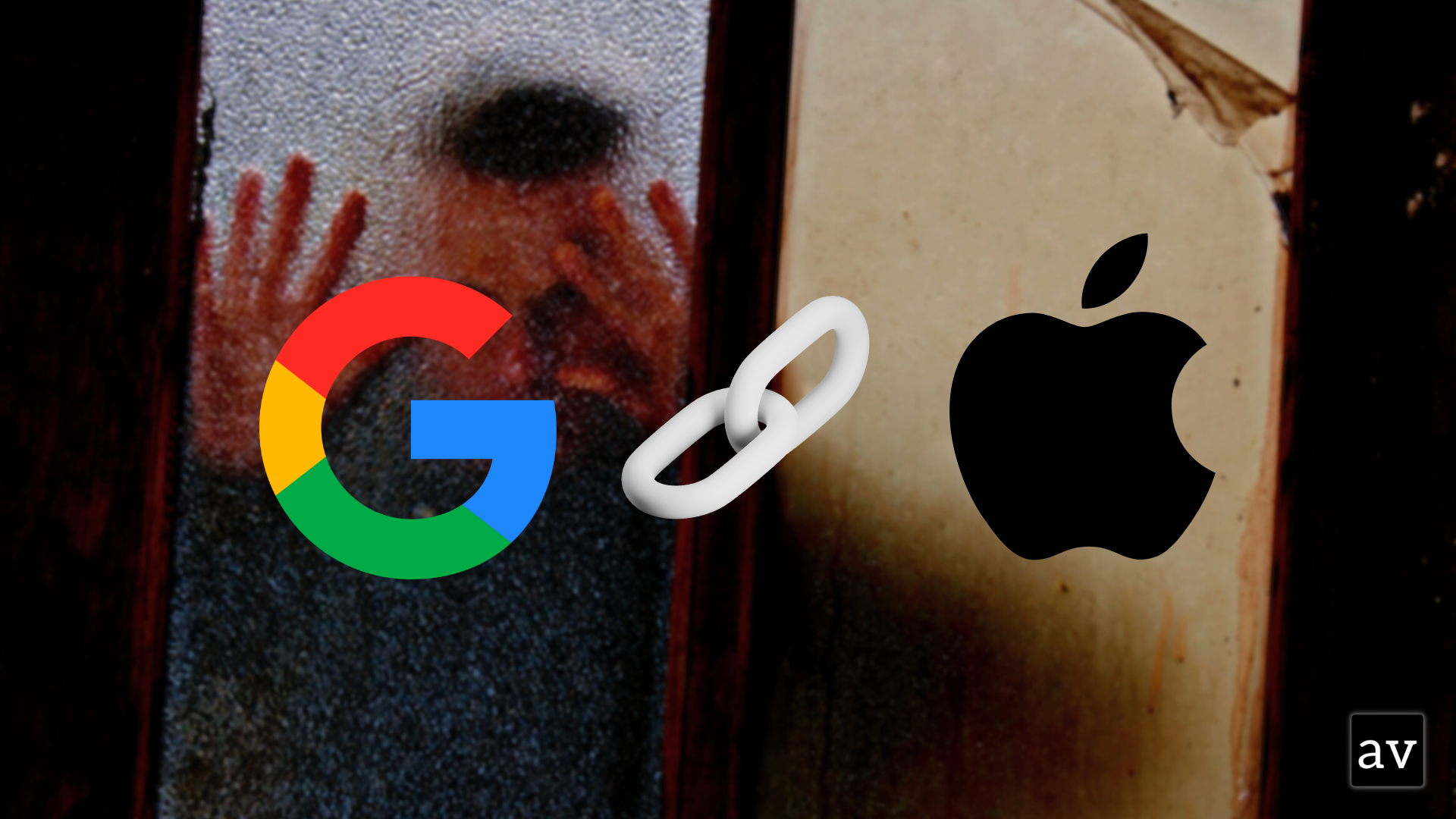After numerous cases of Bluetooth trackers like Apple’s AirTag being notoriously used for stalking and other heinous acts. To curb unwanted tracking through AirTags and similar gadgets, Apple and Google are teaming up to thwart unwanted tracking and released a joint announcement saying they will work together to lead an industry-wide initiative to draft a specification that would alert users in the case of unwanted tracking from Bluetooth devices.
The concept of AirTag stalking prevention also has the backing of Samsung as well as the makers of tracking products similar to the AirTag such as Tile, Chipolo, and Pebblebee.
Apple and Google said they have developed a specification that will help alert people to the fact they’re traveling with one of these devices, regardless of whether they use an iPhone or Android phone.
The update isn’t yet available in Android and iOS, and the tech companies weren’t specific about when it might be. They’re now seeking feedback on a draft of their specification through the Internet Engineering Task Force, which they hope to finalize by the end of 2023.
The proposed specification lists a number of best practices for the creators of Bluetooth tracking devices, which are supposed to help prevent the “misuse” of location trackers that put users at risk for stalking, harassment, and theft.
As outlined in the document, the unwanted tracking detection should “detect and alert individuals” when a tracker that’s separated from its owner is traveling with them and also provide instructions on how to find and disable the device.
Erica Olsen, the senior director of National Network to End Domestic Violence’s Safety Net Project, applauded the effort to set an industry standard that she believes will help protect survivors of abusive relationships and other people that have been targets of stealth technology.
The specification “is a big step forward in trying to find a real industry solution that is very survivor-centered,” said Erica Olsen. “These new standards will minimize opportunities for abuse of this technology and decrease the burden on survivors in detecting unwanted trackers,” Olsen said.
Her organization also claimed that “There could have been attempts to keep doing things on a piecemeal basis, which would really place the burden of detecting trackers on survivors. It is such an overwhelmingly difficult process that that’s truly an unfair burden,” she said. The last time the Big Tech companies worked together on this sort of tech was for alerts about covid-19 exposure.
While the draft specifications on Apple, Google AirTag initiative for an industry specification to address unwanted tracking is open to comment from interested parties for the next three months, other challenges remain to make tracking alerts for phones easy to use and understand.
“Now the question is what do the notifications say — and do they scare survivors or inform them?” Olsen said. “We don’t want people to be terrified, or give them a false sense of security.”
Either way, the efforts to make improvements to help ensure the technology is being used as intended are the main focus of this resolution. This new industry specification builds upon the AirTag protections, and through collaboration with Google, the tech companies will help combat unwanted tracking across iOS and Android.



